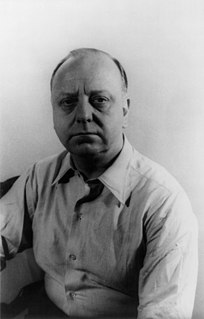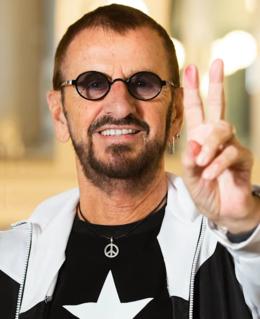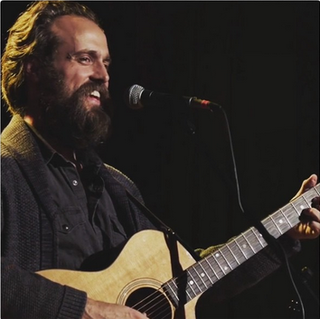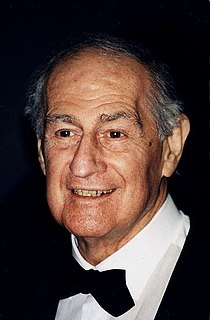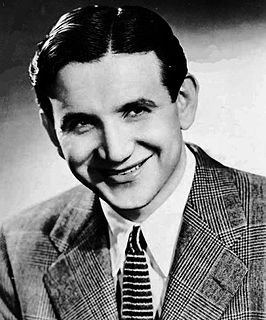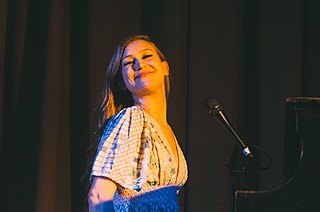A Quote by Terry Teachout
The most important thing to remember is that the composer is a senior partner. You cannot force a subject on a composer if it doesn't inspire him. He has to take the lead, you are an enabler, and you are creating the enabling conditions under which he can write great music. Your words are secondary. Many librettists in opera collaborations in the past have forgotten this, or not known it, or refuse to accept it and tried to get out in front of the creative process and it just doesn't work that way.
Quote Topics
Accept
Cannot
Composer
Conditions
Creating
Creative
Creative Process
Enabling
Force
Forgotten
Front
Get
Great
Great Music
Him
Important
Important Thing
In The Past
Inspire
Just
Known
Lead
Many
Most
Most Important Thing
Music
Opera
Our Words
Out
Partner
Past
Process
Refuse
Remember
Secondary
Senior
Subject
Take
The Most Important
Thing
Tried
Way
Which
Words
Work
Write
Your
Related Quotes
I've always loved opera; it never occurred to me that I would write a proper libretto. One of my closest friends is a composer, Paul Moravec, and a few years ago, Paul and I were at lunch, and I said to him, "you really have to write an opera." So, he says very casually to me, "I'll do it if you write the libretto." Well, little did I know that the within a couple of years we would end up getting a commission from the Santa Fe Opera to write an opera together, "The Letter," which turned out to be the most successful commissioned opera in the history of the Santa Fe Opera.
When I finally got together with Rostropovich as a student, he was very focused, almost entirely focused on the music itself, on what the composer had in mind and what he knew about the composer. Many of the works that I played for him had in fact been composed and written for him; he was often the first performer of these works, having known the composers personally.
To me, music and songwriting is... part of the intriguing thing is the creative process; you know, the creative thought process. Relying on that... there is some sort of inspiration there and you can't always put your finger on where it comes from. So, it's always been important for me to have my own thing and, even though I'm inspired by and influenced by many different musicians and styles of music, I was very determined early on to have my own thing. So when I sit down to write I don't necessarily have a particular narrative or message in mind. I'm interested in language and in words.
I used to wish I could write songs like the others - and I've tried but I just can't. I get the words all right, but whenever I think of a tune and sing it to the others they always say 'Yeah, it always sounds like such a thing' and when they point it out I see what they mean. But I did get a part credit as a composer on one - it was called What Goes On.
Do I start with the lyrics? No. Quite honestly, it's the opposite. I generally get the melody first - I kinda fiddle around on the guitar and work out a melody. The lyrics are there to flesh out the tone of the music. I've tried before to do things the other way around, but it never seems to work. Obviously, I spend a lot of time on my lyrics, I take them very seriously, but they're kinda secondary. Well, equal, maybe. I think sometimes that if you write a poem, it should remain as just a poem, just... words.
Perhaps within the next hundred years, science will perfect a process of thought transference from composer to listener. The composer will sit alone on the concert stage and merely 'think' his idealized conception of his music. Instead of recordings of actual music sound, recordings will carry the brainwaves of the composer directly to the mind of the listener.
A person taking stock in middle age is like an artist or composer looking at an unfinished work; but whereas the composer and the painter can erase some of their past efforts, we cannot. We are stuck with what we have lived through. The trick is to finish it with a sense of design and a flourish rather than to patch up the holes or merely to add new patches to it.
When I'm writing a play I hear it like music. I use the same indications that a composer does for duration. There's a difference, I tell my students, between a semi-colon and a period. A difference in duration. And we have all these wonderful things, we use commas and underlining and all the wonderful punctuation things we can use in the same way a composer uses them in music. And we can indicate, as specifically as a composer, the way we want our piece to sound.

